Dr. Heather Fulton takes a person-centered and evidence-based approach to help you achieve your goals- whatever those may be.
1) What kinds of things might I be able to help you with?
I provide therapy for people facing many different challenges, including:
Mental Health
Depression/low mood
Stress
Anxiety, such as:
o Generalized anxiety or worries
o Phobias/fears
o Panic attacks
o Social anxiety
Trauma
Obsessive compulsive disorder
Substance use and similar coping strategies (e.g. gambling, videogame/Internet use)
Health-related fears and coping
Managing clutter - namely difficulties with saving, acquiring and organizing personal belongings
Life Changes and Stressors
Assisting a family member with a substance use problem
Adjustment to change
Managing illness (e.g. chronic pain)
Motivation and procrastination
Achieving personal goals
2) How do I work with PEOPLE? What can you expect?
I work with people to establish an open, safe, understanding and collaborative relationship. Initially I work to understand you, your treatment goals, and different challenges you might be experiencing. I then share my understanding with you and together we create a ‘road map’ for change to achieve your specific goals. I often like to use different scales and measures to track progress in therapy- so both of us know when and how something is working for you.
I primarily use Cognitive Behavioral Therapy since it is one of the most researched and well supported therapies for difficulties such as mood, anxiety and substance use. I also use Motivational Interviewing because it is an intervention that has been found to be very effective for helping people make changes in their lives- even though the types and kinds of changes may vary greatly from person to person.
If we are working to help you support a loved one experiencing challenges related to substance use, then we will be using an approach called Community Reinforcement and Family Training.
I incorporate other, evidence-based interventions (e.g. Seeking Safety, Dialectical Behavior Therapy, Mindfulness), as necessary and with your input, to support our work together.
3) How much do sessions cost?
I currently charge the recommended rate for individual psychotherapy within British Columbia is $245.00 for a 50minute session. This rate is set by the British Columbia Psychological Association.
Often sessions can be reimbursed through insurance via Employee and Family Assistance Programs (EFAP) and/or health spending accounts. You may also be able to claim any non-reimbursed fees as tax deductible medical expenses. Please speak to your accountant and/or consult the Canada Revenue Agency for more information.
4) What is my background?
I graduated with a PhD in Clinical Psychology from Dalhousie University in Halifax, NS and have been working in mental health in BC since 2012. I am a Clinical Instructor in the Department of Psychiatry and Adjunct Faculty member in the Department of Psychology at the University of British Columbia (UBC). Within these departments I supervise and teach trainees Cognitive Behavioral Therapies and Motivational Interviewing.
There is more information about me in the Bio section of this website.
5) How can you access my services?
At present, all appointments are virtual. Please click the button below to access my booking site.
Other options:
I previously worked at North Shore Stress and Anxiety Clinic. This clinic emphasizes use of evidence-based Psychological interventions and there are many qualified professionals who work there. Other clinics that place a strong emphasis on evidence-based care include the Vancouver CBT Centre and the DBT Centre of Vancouver. Rick Johal is a local Social Worker who is also well versed in CBT, DBT and experienced in working with people with substance use challenges.
Please feel free to check out the Resources for Clients and the Resources for Families sections of my website. I hope you may find them helpful.
Sometimes people ask me how to access mental health and substance use services through Fraser Health or other health authorities. This is a private website that represents my private practice thus all opinions, resources and content are my own- it is not representative of Fraser Health, any other health authority, or organization for whom I work.

